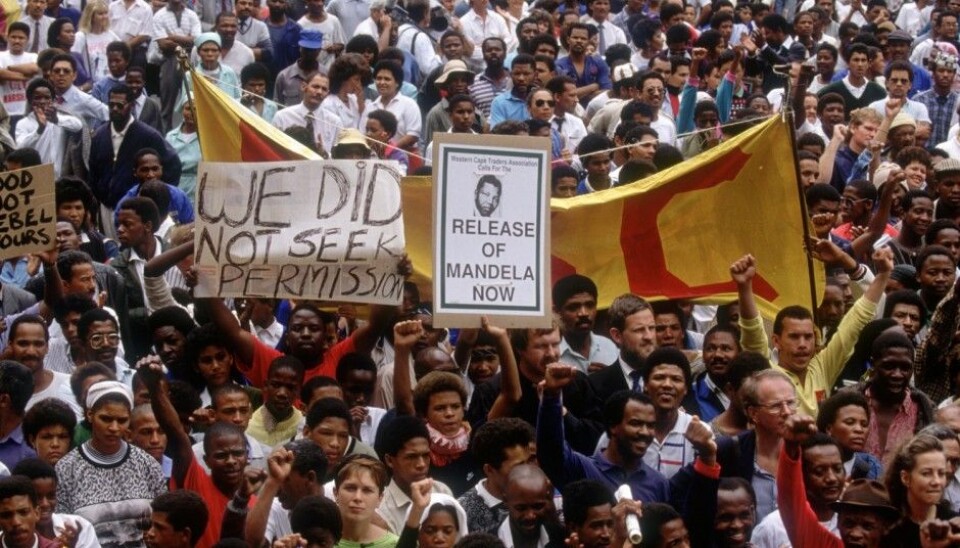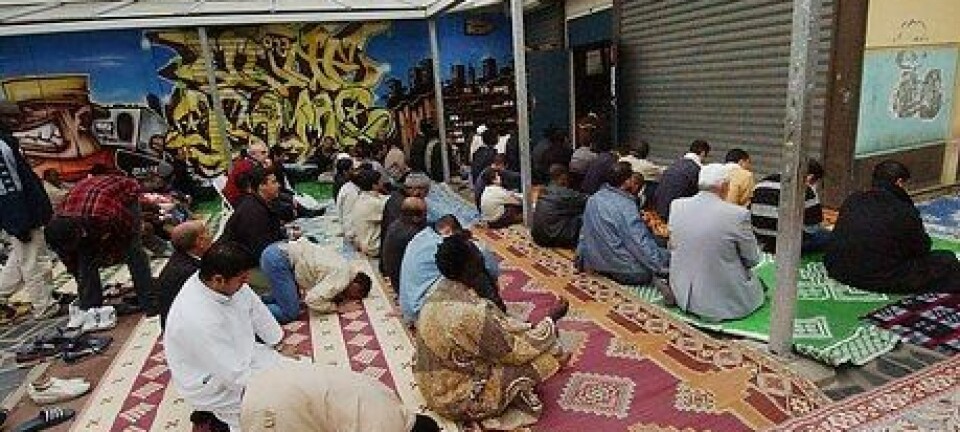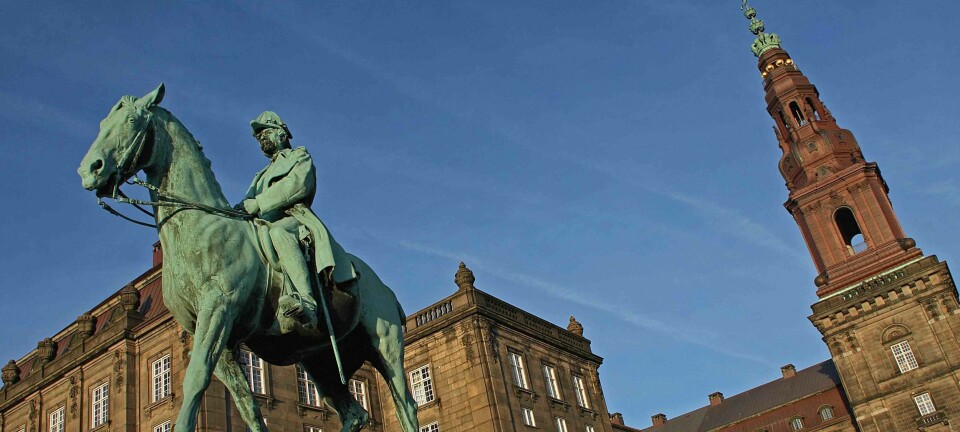
Economic under-development leads to civil unrest
Poorer countries are more frequently stricken by mass protests and a bigger risk of civil war.
The odds are greater for violent protests, riots and civil unrest in countries that are lagging economically, according to a study recently presented at the annual conference of the Royal Economic Society, held in Brighton.
“Economic development is not only desirable for its own sake, but also because a widening gap between development leaders and laggards poses serious risks for internal stability in the countries left behind,” says Senior Lecturer Christa Brunnschweiler of the University of East Anglia (UEA) in a press release.
She carried out the study together with Päivi Lujala, associate professor at the Department of Geography at the Norwegian University of Science and Technology (NTNU) in Trondheim. They studied the links between social unrest and production per capita in 163 countries from 1946 to 2006.
Civil war and protests
The researchers tested the causal relationship between economic underdevelopment and social tension, as evidenced by mass movements. The study used a number of variables and innovative statistical methods to try and predict how a changed economic situation would impact concrete cases of civil unrest and revolts.
The Republic of South Africa’s long struggle against apartheid is one of the examples featured in the article. If the country had been as well developed as Spain the protests against the white-dominated apartheid system would have been 3.5 percent less likely to have occurred, according to the researchers’ model.
“We think the consciousness about a relative lagging behind economically can start the build-up of social tensions which can break out in both non-violent and violent mass protests against a regime,” writes Päivi Lujala to ScienceNordic’s Norwegian affiliate, forskning.no.
The researchers do not say that a country’s economic backwardness is the main explanation for mass demonstrations and civil war but they find evidence that this factor works along with other ones believed to trigger political violence and conflicts.
Compared economies
“Economic backwardness” in this sense means a country far off from the USA in terms of gross domestic product per capita, which is an estimate of the value of everything produced in a country. The expression comes from a book published by the economist Alexander Gerschenkron in 1962.
The countries in the article are compared to the USA because it has been the world’s leading economic and technological power in the past century, the article explains.
The paper shows that the more backward a country is, the more likely it is to have experienced non-violent and violent mass demonstrations aimed at toppling governments. The authors see a strong connection between civil unrest and economic underdevelopment.
How little a country producers per capita also raises the probability of an armed civil war, but actually somewhat less, according to the article.
Recognised connection
The thought that a country’s economy and civil unrest are interconnected is not exactly earth-shaking.
Back in 1996 an analysis of 113 countries by economist Alberto Alesino found that a country’s economic growth was lower in times with weak, unstable governments. When the study was published in the Journal of Economic Growth, the idea was already internationally recognised by economists. But the study’s analysis of significant data helped to reconfirm an accepted theory.
The link between poor economic growth and political unrest has been corroborated time and again by other economists using other sets of data. But like the proverbial tail wagging the dog, civil unrest has commonly been used to explain the poor economic growth, rather than vice versa.
Globalisation intensifies the process
Lujala and Brunnschweiler think that the economy leads to dissention as people in underdeveloped countries are able to compare their own situation with that of people in other countries, such as the USA.
“We think that globalisation, and particularly the mass media and increased literacy has enabled more to make these comparisons of living conditions and status with people in other counties,” says Päivi Lujala.
-------------------------------------
Read the Norwegian version of this article at forskning.no
Translated by: Glenn Ostling

































